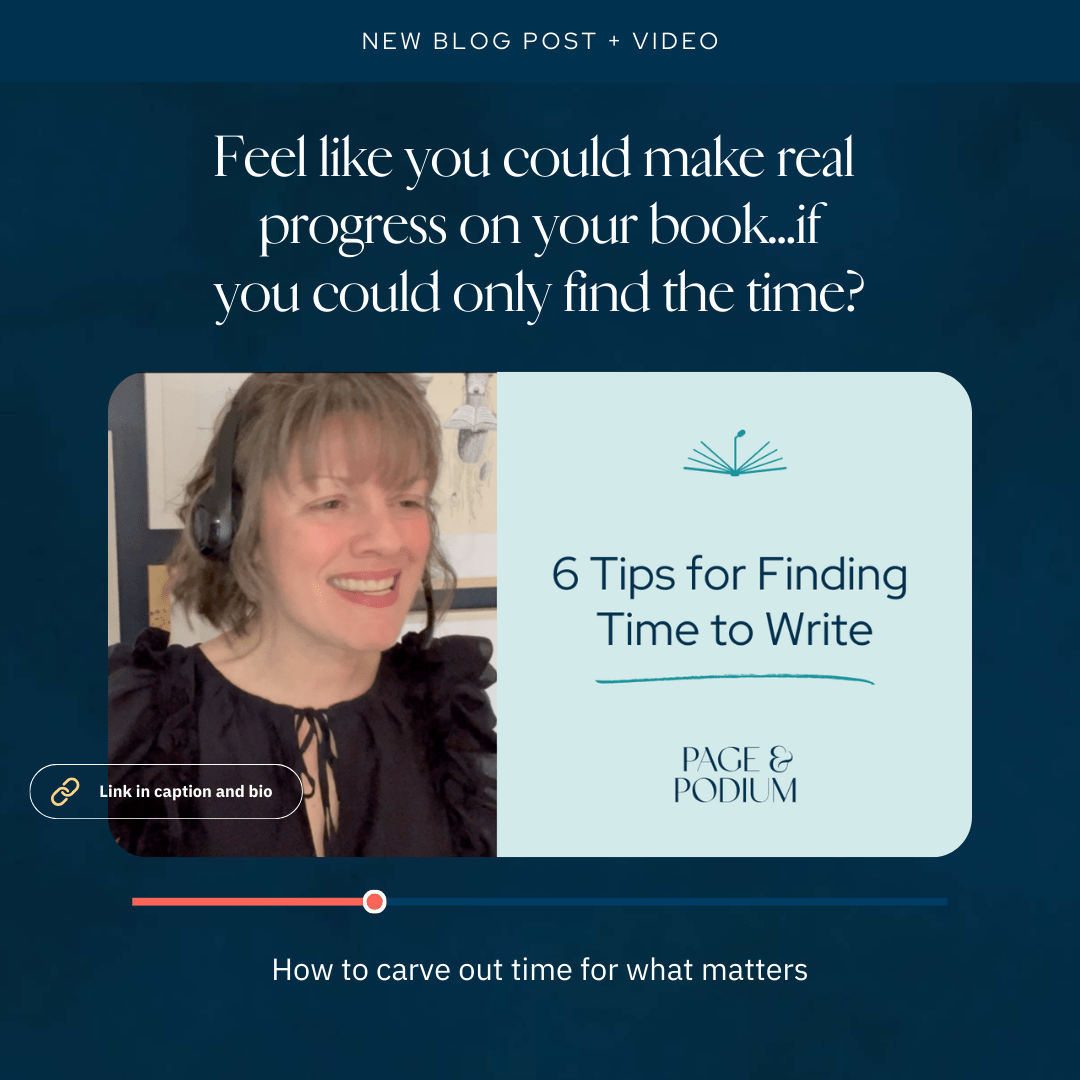When I first started growing DAS, I found a business coach right away—I knew I could benefit from the same accountability and outside perspective our coaching clients get from us! I connected with her right away, and we still get together once every month to talk about my business and her writing.

But one thing she said blew me away:
“When women start businesses, they wonder how they’ll get everything done. When men start businesses, they wonder who they’ll hire to do the work for them.”
This woman is an impressive entrepreneur who works with all types of business leaders for a living—she knows what she’s talking about!
It got me thinking.
Why don’t more women and non-binary people ask for help?
I struggle with asking for support, too, so it’s no judgment—quite the opposite! In fact, I’ve been working on becoming a better delegate, asking others to support me when I need it, and hiring more help when we’re overwhelmed.
There are no brownie points for going it alone!
The same is true for writing. Since women are more likely to be praised for their language skills than men (who are more likely praised for science and math—a distinction that has nothing to do with actual ability and everything to do with skewed expectations), I think many women and feminine-presenting authors shy away from working with a ghostwriter. These amazing, resourceful, inspiring entrepreneurs know they could write their book, they just can’t find the time.
“When women start businesses, they wonder how they’ll get everything done. When men start businesses, they wonder who they’ll hire to do the work for them.”
Life’s too short, you brilliant, talented authors!
Here are the top five reasons I wish more women and non-binary authors would hire ghostwriters.
1. Writing a book can be a real confidence killer
I figured I’d get this one out of the way. If you’ve tried to write a book, only to have your writing time pushed off week after week, you know it can make you feel really inept. We’ve been writing since we were kids. Why can’t we finish this damned book?! That spiral can give your confidence a serious hit, and, as a portion of the population that’s disproportionately likely to experience imposter syndrome, we can’t afford the self-loathing that comes with missed deadlines.
2. Feminist topics can be challenging
When it comes to any political topic, there are a lot of ways to fall short. For example, so many white women entrepreneurs have failed to acknowledge the intersectional oppressions Black women and other women of color face. This isn’t about oppression Olympics—it’s about the way the very idea of gender looks different for different races, classes, and otherwise marginalized bodies. It’s so easy to miss the ways our personal experiences aren’t universal. A ghostwriter can help make sure you look at your topic from every angle, making sure your book uplifts all women and non-binary individuals—not just people who look like you.
3. Feminist books have an incredibly clear target demographic
Authors who work with us have constant conversations about their readers. We shape everything we do to fit your target audience. But often, authors don’t have a clear sense of who their reader is, what they like, the other books they read, and how they like to engage the authors they love. The less an audience self-identifies with a particular identity, the more difficult these questions become. And guess what? Feminist entrepreneurs actively seek feminist books.

This set audience makes it easy to see the trajectory of leadership and business books by marginalized authors, allowing us to really support various perspectives and innovative thinking. We talk a lot about finding your book’s big idea. And across the board that big idea is easier with a feminist audience, a feminist author, and the feminist industry segment.
4. A high-quality book boosts your business
We’ve worked with a lot of entrepreneurs over the years, and we’ve seen first-hand what a difference a well-written book can make to a business’s bottom line—books can bring in clients, raise your status, and help reshape the industry toward more equitable, humane practices. As ghostwriters, we know how many men benefit from this service. We want that for everyone else, too!
5. We want to work with them!
Last and definitely least, I wish more feminist authors would hire ghostwriters because I wish they would hire us! DAS Author Services is a company that’s unapologetically feminist, anti-racist, and in support of all things equity. We love working with women entrepreneurs and community leaders and have seen what a difference professional support can make in the success of marginalized authors’ books.
We get it. Your book is your baby—this is true for most men, too, by the way!—so it’s hard to ask for help. But we promise, our ghostwriting system is author-centered and highly collaborative. We just want to support you. You deserve it, just like all the people you support every day!



